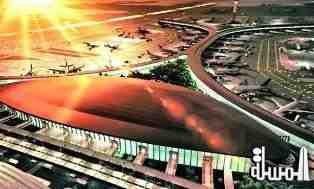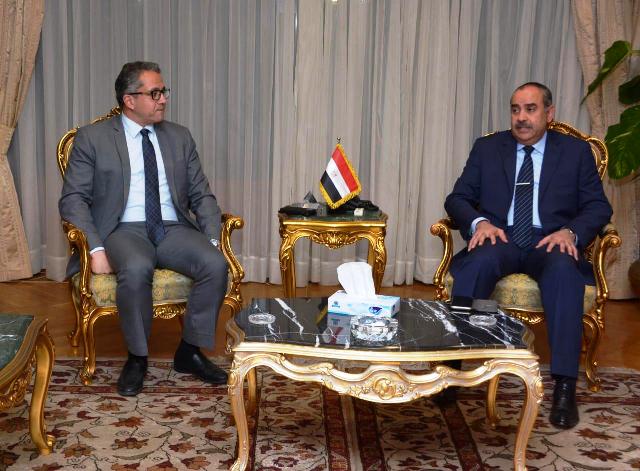
aTP- Arab tourism portal- Plans for the privatization of Saudi Arabia’s airports and aviation services are advancing, with the state aiming for full private sector ownership by 2020, according to a report from the Oxford Business Group (OBG).
It said the move forms part of the government’s efforts to increase productivity and efficiency within its aviation industry and, more broadly, diversify its income streams while reducing state expenditure.Significantly, the scheme will also facilitate the separation of the industry regulator and airports operator.In mid-November the sector’s regulatory agency, the General Authority for Civil Aviation (GACA), outlined plans to privatize all 27 of Saudi airports under its operational control through to 2020.
Other aviation services such as navigation and IT are also slated to be transferred to the private sector, said the OBG report.Saudi Arabia’s plans for its aviation industry were high on the agenda at the Jeddah Economic Forum 2016, which took place over a three-day period at the beginning of March.
The forum explored the opportunities and challenges that Saudi Arabia faces in its plans to transfer state-run entities to private stakeholders under the National Transformation Project.
Faisal bin Hamad Al-Sugair, chairman of the Saudi Civil Aviation Holding Company and a GACA adviser, told forum participants that he expects the privatization drive to gain pace in 2016.According to GACA, King Khaled International Airport (KKIA) in Riyadh, the air navigation sector and the IT sector are all slated for privatization by the end of the year.
Youssef Al-Abdan, former director-general of KKIA, told OBG that in addition to producing greater efficiency and improved service, privatization would reduce the burden on the government budget.
“The process will also help bring Saudi Arabia’s aviation industry in line with international norms, by separating the regulator and the operator,” he said.
This process took a key step forward in late February, with news that Dublin Airport Authority (DAA) International, a unit of the Irish state-owned airport operator, had won a tender to manage and run the new Terminal 5 at KKIA.Under the agreement, DAA International will operate the facility for an initial five-year term.
The 106,500-sq-meter domestic terminal, which is scheduled to open in the coming months, according to local media reports, will have the capacity to handle 12m passengers per year. This should help accommodate growing passenger traffic, which climbed by 7.4 percent in 2015 to 11.7 million.
The rest of KKIA’s operations are also slated for privatization, with the airport’s management to be remodelled as a corporate structure by the end of the first quarter of 2016, according to GACA.
Privatization of the Jeddah and Dammam airports is scheduled for completion by the end of 2017, with the remaining air hubs, which are largely domestic and smaller-scale service facilities, to be transferred between 2018 and 2020.Private sector players have already played a part in the expansion work at the Mohammad bin Abdulaziz Airport in Madinah, which began servicing flights last year.
The 157,000-sq-meter airport was developed as a 25-year build-operate-transfer (BOT) scheme by the TIBAH Consortium, a joint venture comprising local companies Al-Rajhi Holding and Saudi Oger, as well as Turkey’s TAV Airports.According to media reports, this was the first such BOT contract to be signed in the Kingdom.
Under the $1.2 billion expansion project, passenger-handling capacity has more than doubled to reach 8 million.Subsequent builds over the lifespan of the 25-year contract are designed to scale up capacity to 18 million and then 40 million in anticipation of larger volumes of travelers. Passenge








